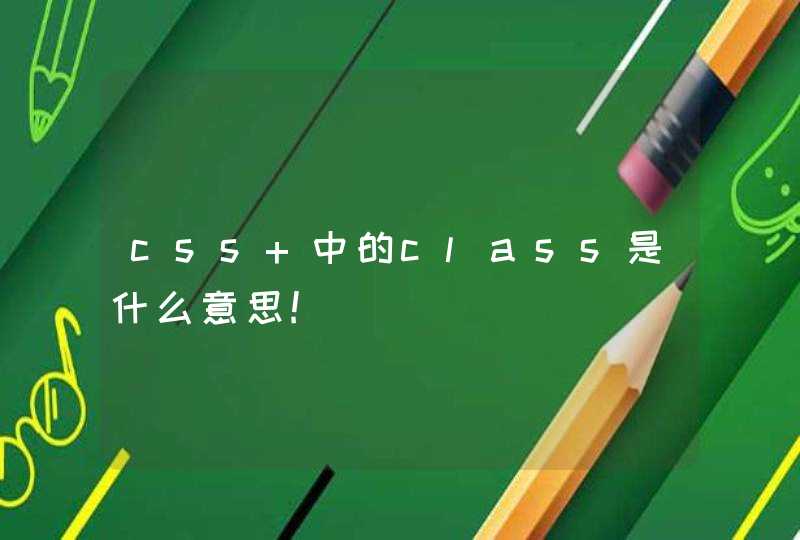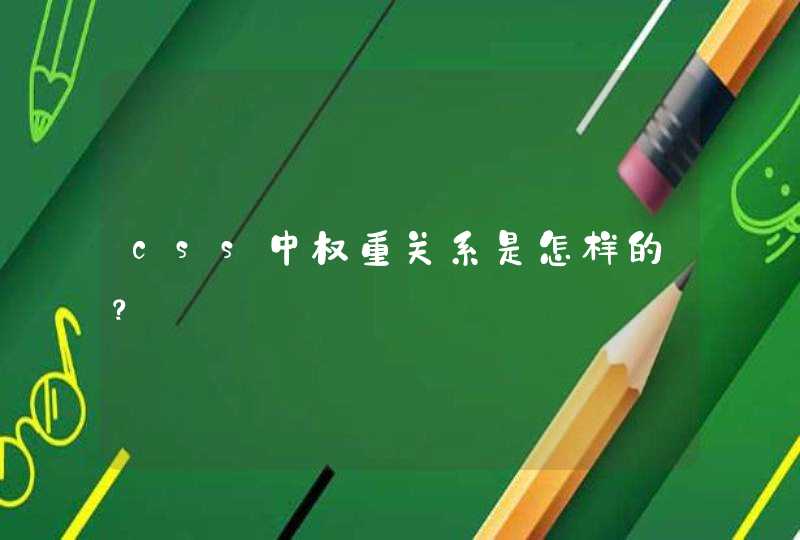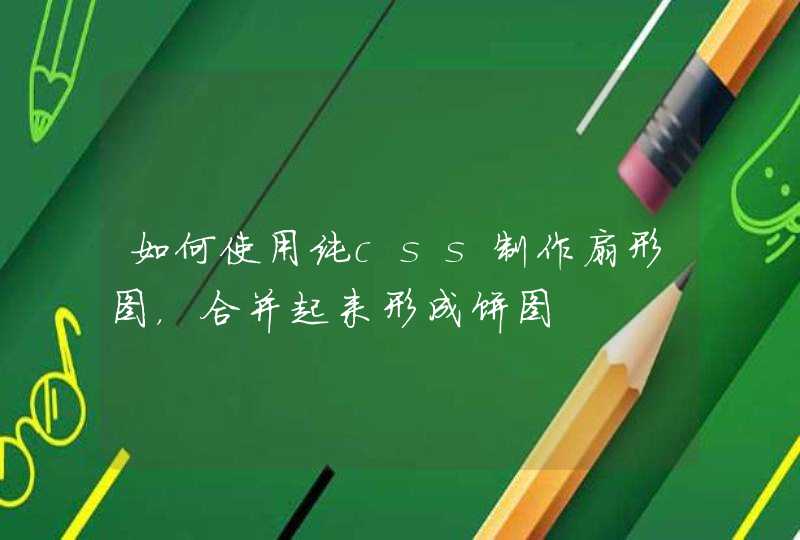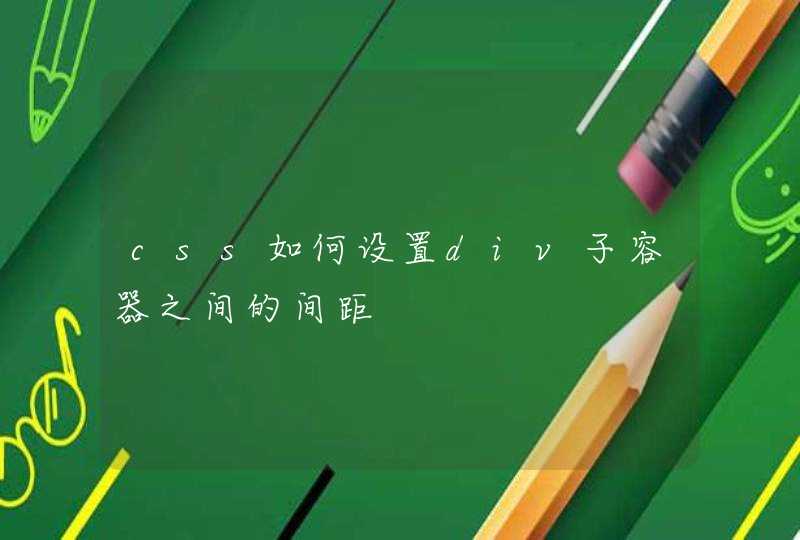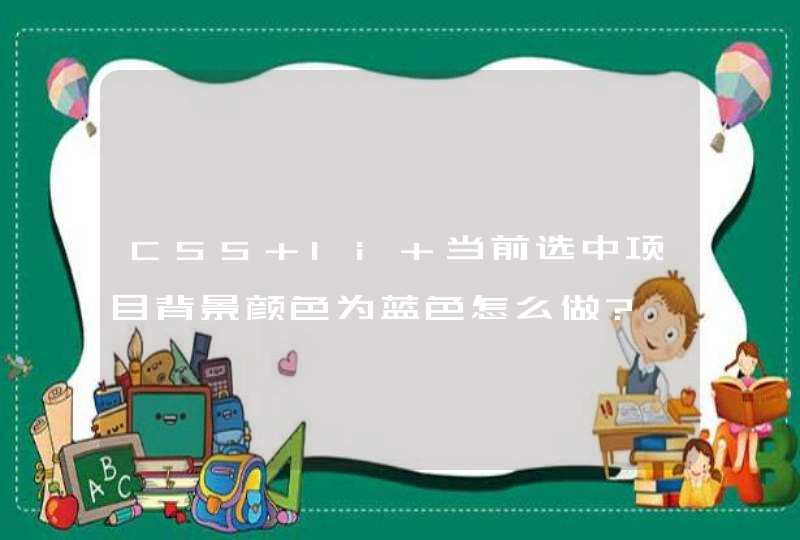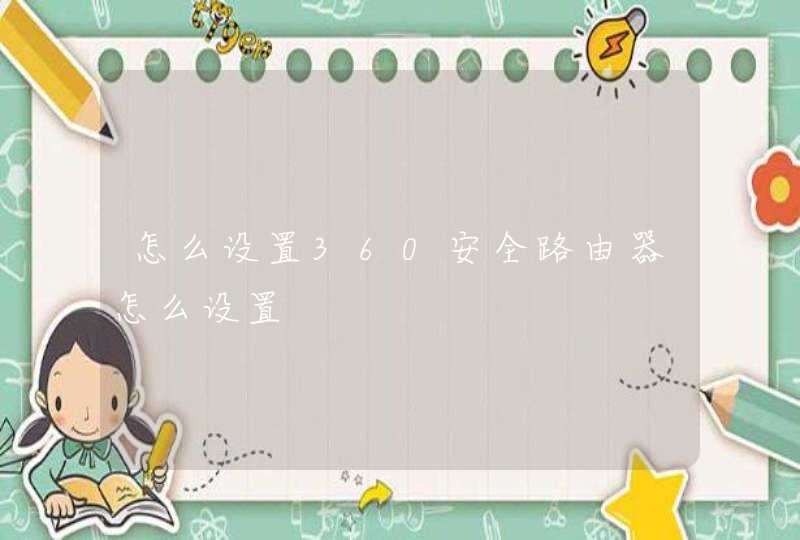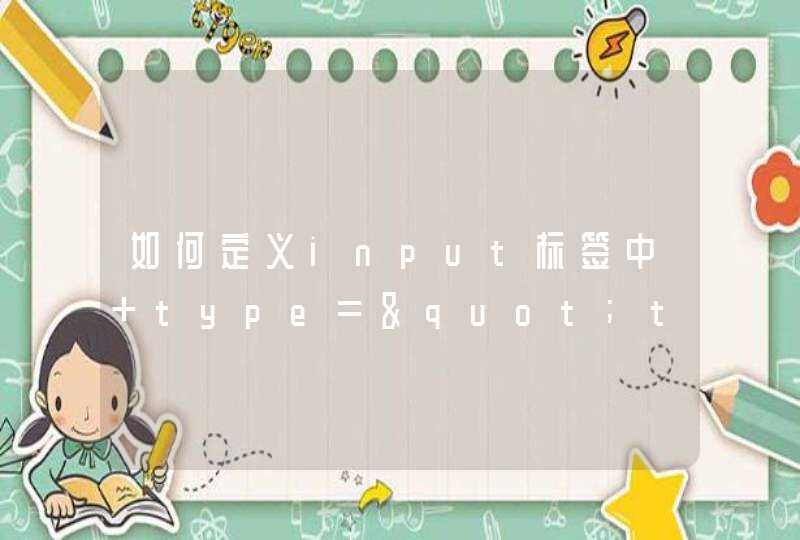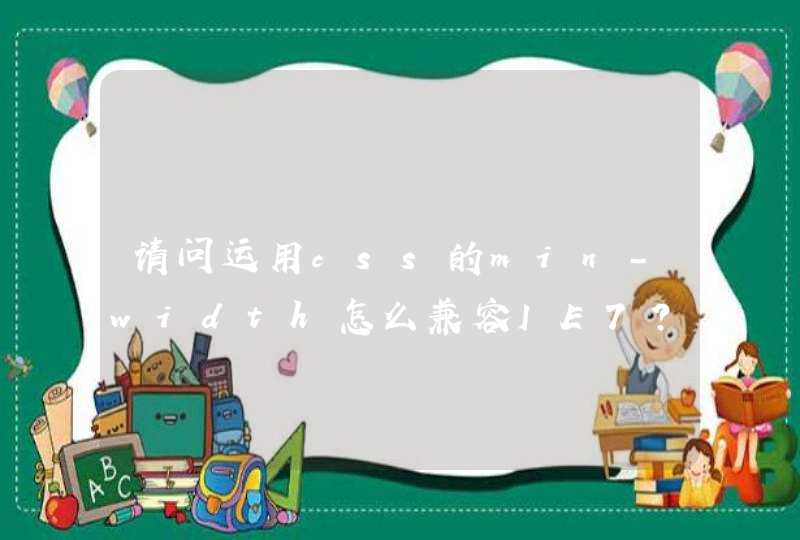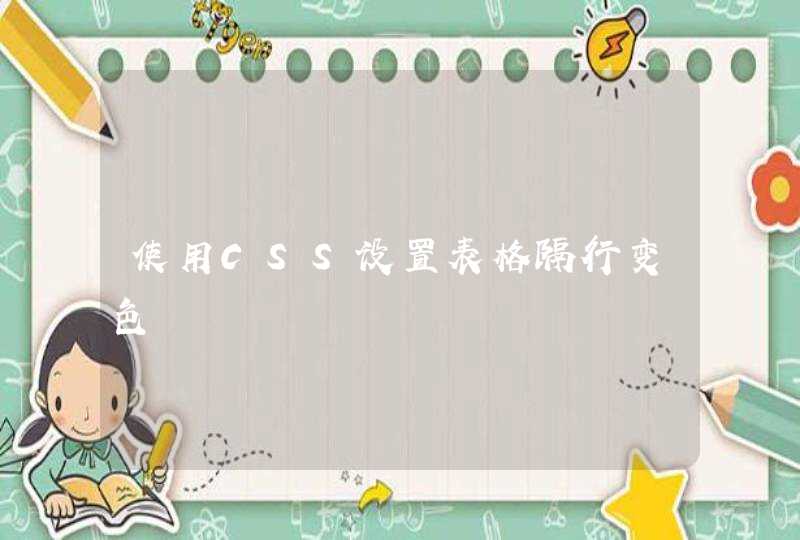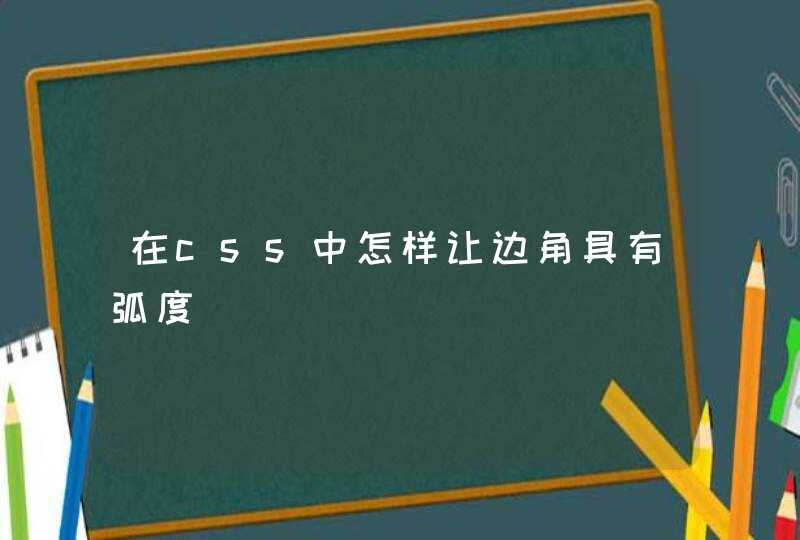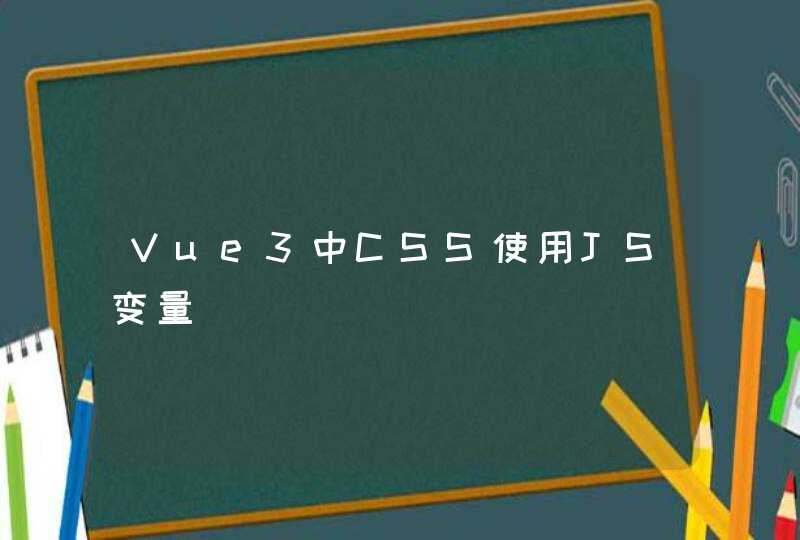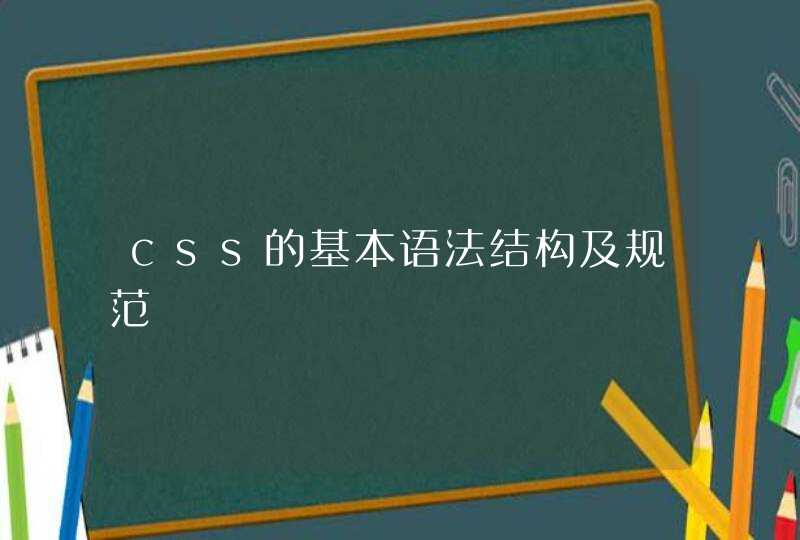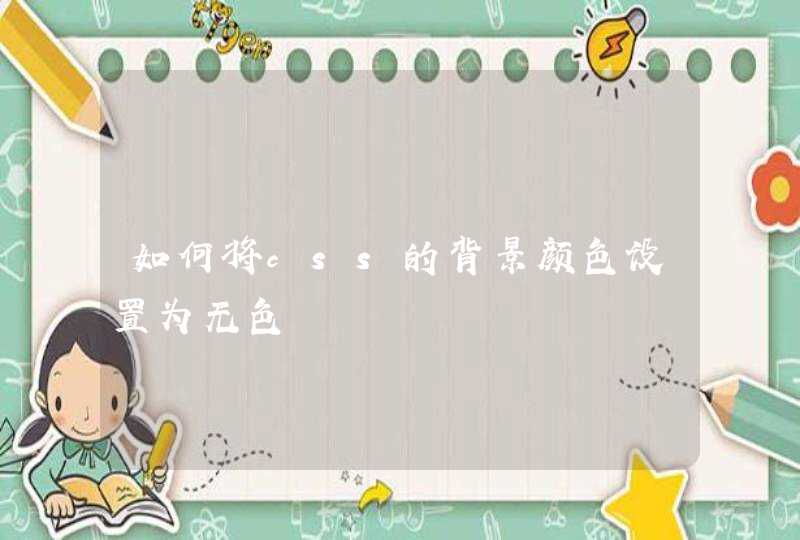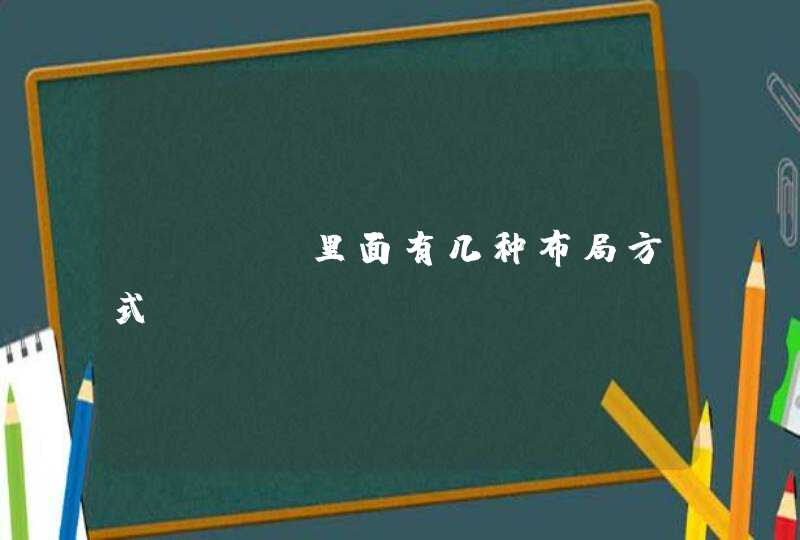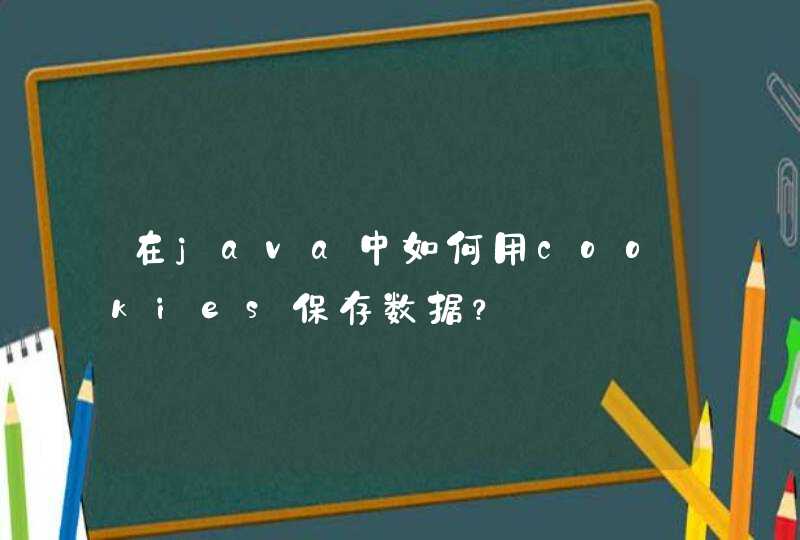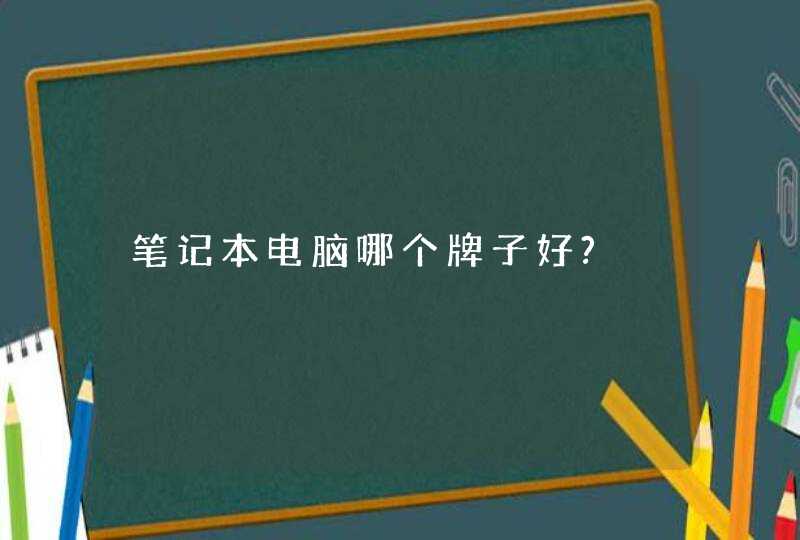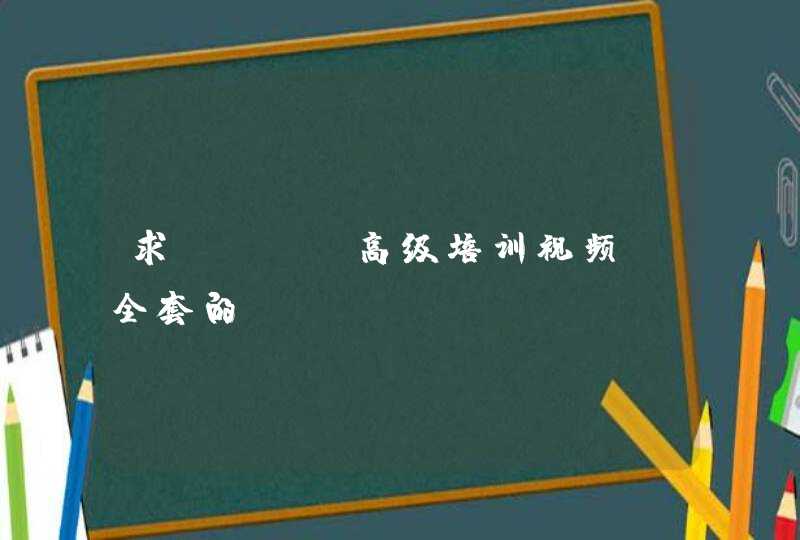
首先要准备一张有连续帧的图片,然后利用HTML5
Canvas的draw方法在不同的时间间隔绘制不同的帧,这样看起来就像动画在播放。
关键技术点:
JavaScript
函数setTimeout()有两个参数,第一个是参数可以传递一个JavaScript方法,
另外一个参数代表间隔时间,单位为毫秒数。代码示例:
setTimeout(
update,
1000/30)
Canvas的API-drawImage()方法,需要指定全部9个参数:
ctx.drawImage(myImage,
offw,
offh,
width,height,
x2,
y2,
width,
height)
其中offw,
offh是指源图像的起始坐标点,width,
height表示源图像的宽与高,x2,y2表
示源图像在目标Canvas上的起始坐标点。
<!DOCTYPE
html>
<html>
<head>
<meta
http-equiv="X-UA-Compatible"
content="chrome=IE8">
<meta
http-equiv="Content-type"
content="text/htmlcharset=UTF-8">
<title>Canvas
Mouse
Event
Demo</title>
<link
href="default.css"
rel="stylesheet"
/>
<script>
var
ctx
=
null
//
global
variable
2d
context
var
started
=
false
var
mText_canvas
=
null
var
x
=
0,
y
=0
var
frame
=
0
//
22
5*5
+
2
var
imageReady
=
false
var
myImage
=
null
var
px
=
300
var
py
=
300
var
x2
=
300
var
y2
=
0
window.onload
=
function()
{
var
canvas
=
document.getElementById("animation_canvas")
console.log(canvas.parentNode.clientWidth)
canvas.width
=
canvas.parentNode.clientWidth
canvas.height
=
canvas.parentNode.clientHeight
if
(!canvas.getContext)
{
console.log("Canvas
not
supported.
Please
install
a
HTML5
compatible
browser.")
return
}
//
get
2D
context
of
canvas
and
draw
rectangel
ctx
=
canvas.getContext("2d")
ctx.fillStyle="black"
ctx.fillRect(0,
0,
canvas.width,
canvas.height)
myImage
=
document.createElement('img')
myImage.src
=
"../robin.png"
myImage.onload
=
loaded()
}
function
loaded()
{
imageReady
=
true
setTimeout(
update,
1000/30)
}
function
redraw()
{
ctx.clearRect(0,
0,
460,
460)
ctx.fillStyle="black"
ctx.fillRect(0,
0,
460,
460)
//
find
the
index
of
frames
in
image
var
height
=
myImage.naturalHeight/5
var
width
=
myImage.naturalWidth/5
var
row
=
Math.floor(frame
/
5)
var
col
=
frame
-
row
*
5
var
offw
=
col
*
width
var
offh
=
row
*
height
//
first
robin
px
=
px
-
5
py
=
py
-
5
if(px
<
-50)
{
px
=
300
}
if(py
<
-50)
{
py
=
300
}
//var
rate
=
(frame+1)
/22
//var
rw
=
Math.floor(rate
*
width)
//var
rh
=
Math.floor(rate
*
height)
ctx.drawImage(myImage,
offw,
offh,
width,
height,
px,
py,
width,
height)
//
second
robin
x2
=
x2
-
5
y2
=
y2
+
5
if(x2
<
-50)
{
x2
=
300
y2
=
0
}
ctx.drawImage(myImage,
offw,
offh,
width,
height,
x2,
y2,
width,
height)
}
function
update()
{
redraw()
frame++
if
(frame
>=
22)
frame
=
0
setTimeout(
update,
1000/30)
}
</script>
</head>
<body>
<h1>HTML
Canvas
Animations
Demo
-
By
Gloomy
Fish</h1>
<pre>Play
Animations</pre>
<div
id="my_painter">
<canvas
id="animation_canvas"></canvas>
</div>
</body>
</html>
可以参考JavaScript Image Preloader 。我写了一个代码,你看一下:
<!DOCTYPE html PUBLIC "-//W3C//DTD XHTML 1.0 Transitional//EN" "http://www.w3.org/TR/xhtml1/DTD/xhtml1-transitional.dtd">
<html xmlns="http://www.w3.org/1999/xhtml">
<head>
<meta http-equiv="Content-Type" content="text/htmlcharset=utf-8" />
<title>无标题文档</title>
</head>
<body onload=preloader()>
<canvas id="pad" width="100%" height="100%"></canvas>
<script language="JavaScript">
var ctx=document.getElementById('pad').getContext('2d')
var imageObj=new Image()
preloader()
imageObj.onload=function(){
for(var i=0i<6i++)
ctx.drawImage(imageObj,0+i*20,0+1*20,80,40)
}
function preloader()
{
// counter
var i = 0
// create object
//imageObj = new Image()
// set image list
images = new Array()
images[0]="images/0.jpg"
images[1]="images/1.jpg"
images[2]="images/2.jpg"
images[3]="images/3.jpg"
images[4]="images/4.jpg"
images[5]="images/5.jpg"
// start preloading
for(i=0i<=3i++)
{
imageObj.src=images[i]
}
}
</script>
</body>
</html>
最近一直在做canvas动画效果,发现canvas这个东西做动画不是不可以。相对于flash,它太底层。如果有给力的编辑器或者给力的框架的话,它就能发挥出更大的威力。于是决定自己写一个简单一点的动画框架,以便能更方便地构建出一些动画效果。
我将分几个章节来讲述我这个小动画框架的实现:
1.通用类的提取:动画对象与帧对象
2.灵与肉的结合:便于拆卸的运动方程
3.进度条的实现:canvas的图片预加载
4.demo测试:通过一个demo测试框架
这一节我们先来说说通用类的提取。
其实上一篇文章我已经用到了这种从flash借鉴来的思路:一个动画对象(类似flash中的元件),一个帧对象(类似flash中的帧)。动画就是在不断在当前帧上绘制每个动画对象来实现的。有了这两个对象,再加上一些运动方法,我们就可以构建出动画来。
首先我们先来看看动画对象Aniele:
复制代码
/*
*Aniele动画对象
*所有动画对象的始祖
*/
var
Aniele=function(){
this.img=new
Image()
//定义动画对象位置
this.loca={
x:300,
y:300
}
//定义动画对象的大小(可以实现缩放)
this.dw
this.dh
//动画对象的速度属性
this.speed={
x:0,
y:0
}
//设置对象的透明度
this.alpha=1
//设置图像翻转,1为不翻转,-1为翻转
this.scale={
x:1,
y:1
}
//定动画对象的运动方法库
this.motionFncs=[]
}
Aniele.prototype={
//添加运动方法
addMotionFnc:function
(name,fnc)
{
this.motionFncs[name]=fnc
},
//删除运动方法
deleMotionFnc:function(name){
this.motionFncs[name]=null
},
//遍历运动方法库里的所有运动方法
countMotionFncs:function
()
{
for
(var
i=0
i<this.motionFncs.length
i++)
{
if(this.motionFncs[i]==null)
continue
this.motionFncs[i].call(this)
}
},
//把自己绘制出来的方法,包括功能:水平翻转
draw:function(canvas,ctx){
//存储canvas状态
ctx.save()
//实现透明度的改变
ctx.globalAlpha=this.alpha
//实现水平竖直翻转,定义drawImage的两个位置参数dx,dy
var
dx=this.loca.x
var
dy=this.loca.y
if(this.scale.x!=1||this.scale.y!=1){
if(this.scale.x<0){
console.log(this.img.width)
dx=canvas.width-this.loca.x-this.img.width
ctx.translate(canvas.width,1)
ctx.scale(this.scale.x,1)
}
if(this.scale.y<0){
dy=canvas.height-this.loca.y-this.img.height
ctx.translate(1,canvas.height)
ctx.scale(1,this.scale.y)
}
}
if(this.dw==null)
this.dw=this.img.width
if(this.dh==null)
this.dh=this.img.height
//画出对象
ctx.drawImage(this.img,dx,dy,this.dw,this.dh)
//恢复canvas状态
ctx.restore()
}
}
复制代码
动画对象的主要属性:
this.img=new
Image()我们引入一张图片,依附在动画对象上
this.loca.x等等图片的大小位置透明度等等,便于绘图时调用
this.motionFncs=[]这个比较关键,我们给动画对象定义一个运动方法库,把动画对象的运动规则都放在这个运动方法库中统一管理(每个动画对象都有自己的运动方法库)
动画对象的主要方法:
addMotionFnc:
为动画对象的运动方法库中添加一个运动方法
deleMotionFnc:为动画对象的运动方法库中删除一个运动方法
countMotionFncs:为动画对象遍历运动方法库中的所有运动方法
draw:把动画对象画在画布上,这里我们会把画布作为参数传到这个方法里面去,便于绘图
在draw方法里,我封装了一些对图像的简单操作,这些操作在动画中会经常用到:透明,缩放和翻转。
有了这个,我们就好似获得了flash里的一个元件,我们可以通过修改它的属性来随意改变它。
那么帧对象呢?
帧对象肩负着渲染的任务,并且管理所有动画对象:
复制代码
/*
*Render渲染对象
*管理所有动画对象和渲染
*参数:画布对象,画布上下文
*/
var
Render=function
(canvas,ctx)
{
//引入画布
this.canvas=canvas
this.ctx=ctx
//创建一个缓冲画布
this.backBuffer=document.createElement('canvas')
this.backBuffer.width=this.canvas.width
this.backBuffer.height=this.canvas.height
this.backBufferctx=this.backBuffer.getContext('2d')
//所有动画对象
this.aniEles=[]
}
Render.prototype={
//初始化画布int
int:function
()
{
clearInterval(this.sint)
this.ctx.clearRect(0,0,this.canvas.width,this.canvas.height)
this.backBufferctx.clearRect(0,0,this.backBuffer.width,this.backBuffer.height)
},
//设置开始渲染
begin:function
()
{
this.lastFrame=(new
Date()).getTime()
this.sint=setInterval((function(progra){
return
function(){progra.render()}
})(this),SECOND)
},
//主渲染方法
render:function
()
{
//在画布和缓存画布上清除历史帧
this.ctx.clearRect(0,0,this.canvas.width,this.canvas.height)
this.backBufferctx.clearRect(0,0,this.backBuffer.width,this.backBuffer.height)
//保存当前的实时输出帧率this.ftp
this.nowFrame=(new
Date()).getTime()
this.ftp=1000/(this.nowFrame-this.lastFrame)
this.lastFrame=this.nowFrame
//调用每个动画对象的运动方法
for
(var
i=0
i<this.aniEles.length
i++)
{
if(this.aniEles[i]==null)
continue
this.aniEles[i].countMotionFncs()
//把对象绘制到后台缓冲画布上
this.aniEles[i].draw(this.backBuffer,this.backBufferctx)
}
//把后台对象绘制到前台
this.ctx.drawImage(this.backBuffer,0,0)
},
//增加动画对象
addAniEle:function
(name,aniEle)
{
this.aniEles[name]=aniEle
},
//删除动画对象
deleAniEle:function
(name)
{
this.aniEles[name]=null
}
}
复制代码
帧对象的主要属性:
this.aniEles=[]用来存储当前画布上所有动画实例的数组
大家用过canvas载入图片的应该知道,由于图片的异步载入,动画过程中图片会出现闪烁的现象,为了避免这种现象,我采用了双缓冲。
首先后台创建一个画布:
this.backBuffer=document.createElement('canvas')
this.backBuffer.width=this.canvas.width
this.backBuffer.height=this.canvas.height
this.backBufferctx=this.backBuffer.getContext('2d')
我们所有绘制命令都执行在这个后台画布上,最后把后台画布画在前台画布上:
this.ctx.drawImage(this.backBuffer,0,0)
这种先把图绘在后台画布,再把后台画布复制到前台的方法就叫做双缓冲技术。
帧属性的主要方法:
int:用于初始化画布
begin:开始动画渲染的方法
render:主渲染的方法
addAniEle:为当前帧添加动画对象
deleAniEle:为当前帧删除动画
我们利用帧对象的流程是:先为当前帧添加动画对象,然后让当前帧开始渲染。
